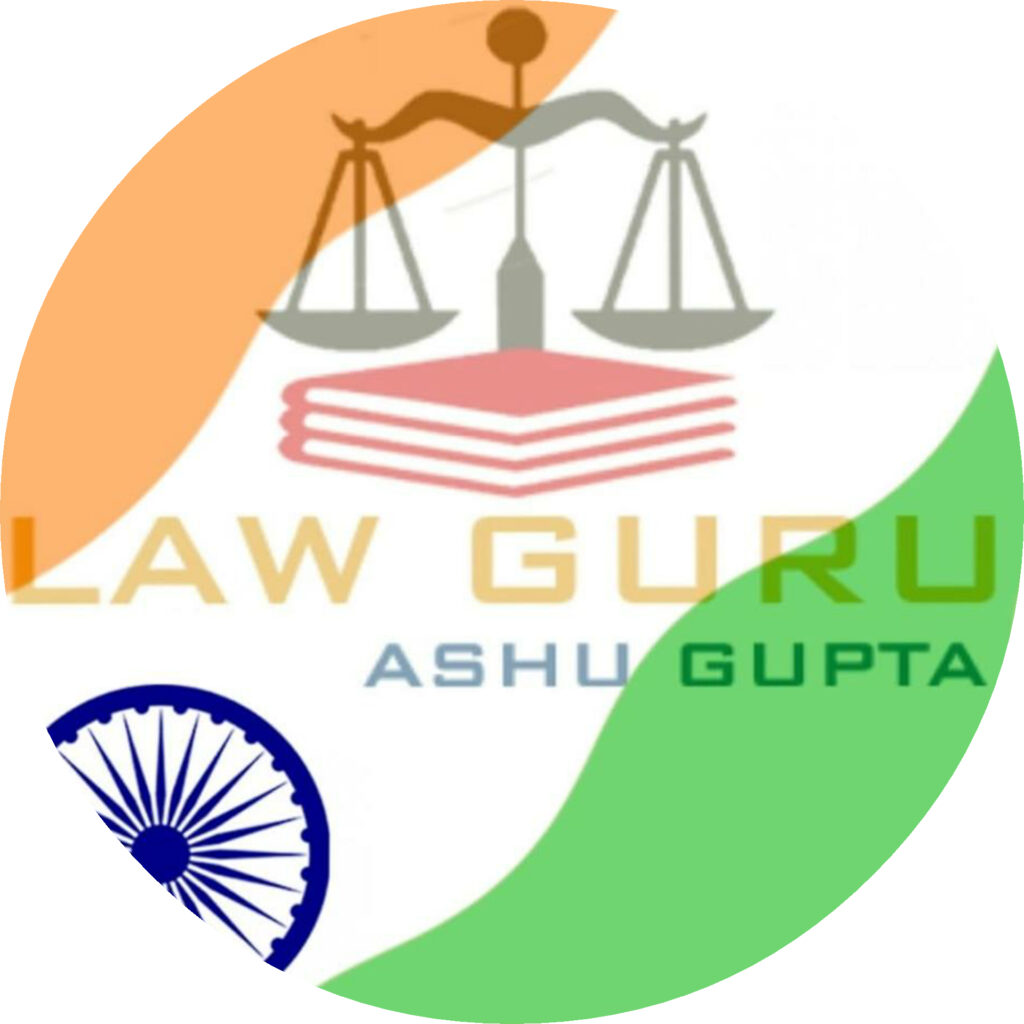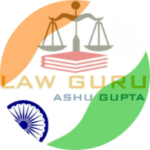- lawguruashugupta@gmail.com
- +91-8750724846
- Download App
About Judicial Services Examinations
PCS(J)/HJS
For those of you with a tendency towards public help and additionally the features of state authority, the Judiciary can be an advantageous choice. In addition to the fact that it is an approach to remain firmly associated with the law all through your expert life, yet additionally one that offers the fulfillment of working to benefit society – a mentally invigorating calling where you will deserve the admiration of the everyday person.
Each High Court has under its watch the individuals from the subordinate judiciary of the state(s) over which this High Court has purview. Individuals from the subordinate judiciary (prominently known as the Judicial Service or the PCS (J) – Provincial Civil Services – Judicial) possess the workplaces of the managing officials of different courts straight up to the post of District Judge. There are a few appealing highlights of these legal administrations including attractive advantages and benefits. The Judiciary have two sections. The first is for fresh graduates through an entrance exam conducted by the respective state public service commissions (UP, MP, Rajasthan etc.) or the High Court (Delhi). The second road through which you may join the judicial services is known as the Higher Judicial Service (HJS).
Judicial Services Exams conducted in the various States for the post of Civil Judge (Junior Division) / Judicial Magistrate for which the Law degree must be completed. We are providing the online coaching classes regarding the PCS(J) exams of Uttar Pradesh, Delhi, Madya Pradesh, Rajasthan and Jharkhand.
State Judiciary Syllabus
Uttar Pradesh Judicial Services exam has the following structure :
PRELIMINARY EXAMINATION
Paper-I General Knowledge : Time – 2 hours | MM-150
Paper-II Law : Time – 2 hours | MM-300
- Jurisprudence
- International Organizations
- Current International Affairs
- Indian Constitution
- Transfer of Property Act
- Indian Evidence Act
- Indian Penal Code
- Civil Procedure Code
- Criminal Procedure Code
- Law of Contract
MAIN EXAMINATION
Paper No. 1 : General Knowledge ( MM – 200 Marks, Time – 3 hrs.)
Paper No. 2 : Language ( MM – 200 Marks, Time – 3 hrs.)
- Essay to be written in English – 60 marks
- English Precis writing – 60 marks
- Translation of passage from Hindi to English – 40 marks
- Translation of Passage from English to Hindi – 40 marks
Paper No. 3 : Law – I (Substantive Law) ( MM – 200 Marks, Time – 3 hrs.)
- The law of contracts,
- the law of Partnership,
- the law concerning easements and torts,
- the Law relating to transfer of property including the principles of equity, specifically applicable thereto,
- the principal of Equity with special reference to the Law of trust and specific relief,
- Hindu Law and Mohammedan Law,
- Constitutional Law.
Paper No. 4 : Law-II (Procedure and Evidence) ( MM – 200 Marks, Time – 3 hrs.)
- The law of evidence,
- The Criminal Procedure Code,
- Code of Civil Procedure,
- Principles of pleading.
Paper No. 5 : Law-III (Penal, Revenue and Local Laws)
(MM – 200 Marks, Time – 3 hrs.)
- Indian Penal Code,
- the Uttar Pradesh Zamindari Abolition and Land reforms Act 1951,
- Uttar Pradesh, Urban Buildings (Regulation of Letting, Rent and Eviction) Act, 1972,
- Uttar Pradesh Municipalities Act,
- U.P. Panchayat Raj Act,
- U.P. Consolidation of Holdings Act, 1953,
- Uttar Pradesh Urban (Planning and Development) Act 1973
Paper No. 6 : FINAL INTERVIEW ( MM – 100 Marks)
Students must ensure all the details from the official website.
Official website of UP JUDICIAL : www.allahabadhighcourt.in/
Stage 1: PRELIMINARY (200 Marks with negative marking of 0.25)
General :
- General knowledge
- English
- Aptitude
- Candidate’s power of expression
Legal :
- Constitution of India,
- Code of Civil Procedure,
- Code of Criminal Procedure,
- Indian Penal Code,
- Contract Act,
- Partnership Act,
- Principle governing Arbitration Law,
- Evidence Act,
- Specific Relief Act and Limitation Act.
Stage 2: MAINS : (850 marks)
Delhi Judicial Service Main Examination (Pattern)
| Sr. No. |
Subject |
Max. Marks |
| 1. | General Knowledge and Language |
250 |
| 2. | Civil Law-I |
200 |
| 3. | Civil Law-II |
200 |
| 4. | Criminal Law |
200 |
GENERAL KNOWLEDGE AND LANGUAGE: (250 marks)
This paper shall comprise of two sections.
Section I: General Knowledge – (100 Marks)
This is to test how candidate is well aware of current affairs etc.
Section II: Language (Essay, Translation and Precis Writing) – (150 marks)
This is to test the candidate’s knowledge and power of expression in English. Credit will be given both for substance and expression. Conversely deduction will be made for bad expression, faults of grammar and misuse of words etc. There will be two passage for translations one in English which will be required to be translated into Hindi (in Devnagri Script). The Second passage in Hindi (in Devnagri Script) shall be required to be translated into English.
Civil Law-I : (200 marks)
- Indian Contract Act,
- Sale of Goods Act,
- Indian Partnership Act,
- Specific Relief Act,
- Hindu Law,
- Muslim Law,
- Delhi Rent Control Act and
- Law of Torts.
Civil Law-II : (200 Marks)
- Civil Procedure Code,
- Law of Evidence,
- Law of Limitation &
- Law of Registration.
Criminal Law : (200 marks)
- Criminal Procedure Code,
- Indian Penal Code &
- Indian Evidence Act
Stage 3 : VIVA-VOCE
- Viva-voce will carry 150 marks. Only such candidates will be called for Viva-voce who have obtained 40% marks in each written paper and 50% marks in aggregate except in the case of candidates belonging to reserved categories i.e. Scheduled Castes, Scheduled Tribes and Physically Handicapped (Blind / Low Vision) (mobility not to be restricted)/Orthopedically in whose case the qualifying marks shall be 35% in each written paper and 45% in the aggregate.
- A candidate of General Category must secure minimum 50% marks and a candidate of Reserved Category i.e. Scheduled Castes, Scheduled Tribes and Physically Handicapped (Blind/Low Vision) (mobility not to be restricted)/orthopedically must secure minimum 45% marks in Viva-Voce to be eligible for being recommended for appointment to the service.
- The marks obtained in the Viva-voce will be added to the marks obtained in the Main Examination (Written) and the Candidate’s position will depend on the aggregate of both.
Stage – I: PRELIMINARY (Objective)
Part A: Legal Section (75 questions for 75 marks)
- Constitution of India
- Code of Civil Procedure
- Transfer of Property Act
- Contract Act
- Specific Reliefs Act
- Limitation Act
- MP Accommodation Control Act
- MP Land Revenue Code
- Indian Evidence Act
- Indian Penal Code
- Code of Criminal Procedure
- Negotiable Instruments Act
Part B: General
- General Knowledge (Questions – 15: Marks – 15)
- Computer Knowledge (Questions – 05: Marks – 05)
- English Knowledge (Questions – 05: Marks – 05)
Stage – II: MAIN EXAMINATION (Written): (Max. Marks 200)
Mains Examination consists of four Question Papers each paper carrying 100marks. First and Second Question Papers will be given together while Third and Fourth Question Papers will be given together. The time period will be of 3 hours.
First Question Paper : (Total Marks- 100)
- Constitution of India
- Code of Civil Procedure
- Transfer of Property Act
- Contract Act
- Specific Reliefs Act & Limitation Act.
Second Question Paper : (Total Marks- 100)
- MP Accommodation Control Act
- MP Land Revenue Code
- Indian Evidence Act
- Indian Penal Code
- Code of Criminal Procedure
- Negotiable Instruments Act
Third Question Paper : (Total Marks- 100)
- Writing (150 words) on Social Issue- 30 marks
- Writing (150 words) on Legal Issue- 20 marks
- Precis Writing – 20 marks
- Translation (Hindi to English)- 15 marks
Syllabus Pattern : It is a two stage examination :
- Written Paper
- Interview Stage
Stage I : (WRITTEN PAPER )
Part A : (Language Paper)
- English Essay 50 Marks
- Hindi Essay 50 Marks
Part B : (Law)
Law Paper I : (Civil Law) 100 Marks
- Civil procedure Code
- Hindu law
- Muslim Law
- Law of Limitation
- Specific Relief Act
- Partnership Act
- Sales of Goods Act
- Indian Contract Act
- Arbitration Act
- Transfer of Property Act
- Laws of Torts
- Easement Act
- Consumer Protection Act
Law Paper II : (Criminal Law) 100 marks
- Criminal Procedure code
- Indian Penal Code
- Law of Evidence
Stage II : (INTERVIEW)
The student qualifying the written examination will be called for interview. Maximum marks for Interview will be 35 marks.
Note :
- Only written examination is held.
- There is no Preliminary Examination.
- The suitability of candidates for employment will be tested with reference to his merit giving due regard to his ability, character, personality and physique.
Pattern : Three stage examination –
- Preliminary (Objective Type)
- Mains (Written Type)
- Personality Test (Interview)
Stage A: PRELIMINARY EXAMINATION
It will consist of only one paper carrying 100 marks. Time allowed 2 hours.
- General English
- General Knowledge (including Current Affairs)
- The Code of Civil Procedure, 1908
- The Code of Criminal Procedure, 1973
- The Indian Evidence Act, 1872
- The Law of Contract, 1872
- The Indian Penal Code, 1860
Stage B: MAIN EXAMINATION
The Main Examination shall be of four papers of 100 marks (Time allowed 3 hours for each paper) each comprising of the questions on the following subjects. :-
Paper – I
- Procedural Law (CPC1908 and Cr PC 1973).
- The Indian Penal Code, 1860
- The Indian Evidence Act, 1872
- The Limitation Act, 1963
Paper – II
- The Contract Act, 1872
- The Sales of Goods Act, 1930
- The Negotiable Instruments Act, 1881
- The Arbitration and Conciliation Act, 1996
- The Transfer of Property Act, 1882
Paper – III
- The Hindu Law and The Mohammedan Law
- Rent Control Law
- The Specific Relief Act, 1963
- Jurisprudence
Paper IV
- Language) Hindi & English (Essay, Precise writing, Translation & Paraphrase)

